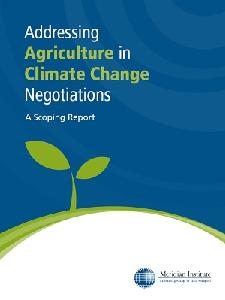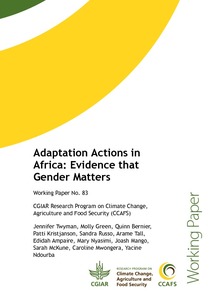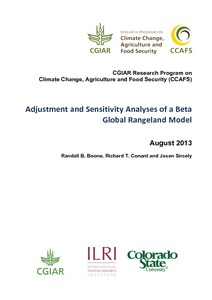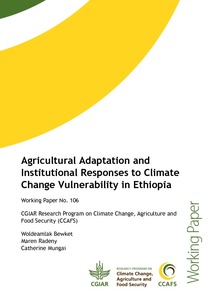Adding value to smallholder forage-based dual-purpose cattle value chains in Nicaragua, in the context of carbon insetting. Thesis (MSc. in Agricultural Sciences in the Tropics and Subtropics)
The thesis explores the extent to which payment for the ecosystem service of carbon sequestration
provided in a value chain context, through an innovative climate change mitigation and adaptation
strategy known as 'carbon insetting', could generate 'win-win' outcomes for all actors.
Drawing on examples of where the concept of carbon insetting has been adopted in coffee and cocoa value chains in Mexico and Honduras respectively, the thesis investigated the feasibility of








